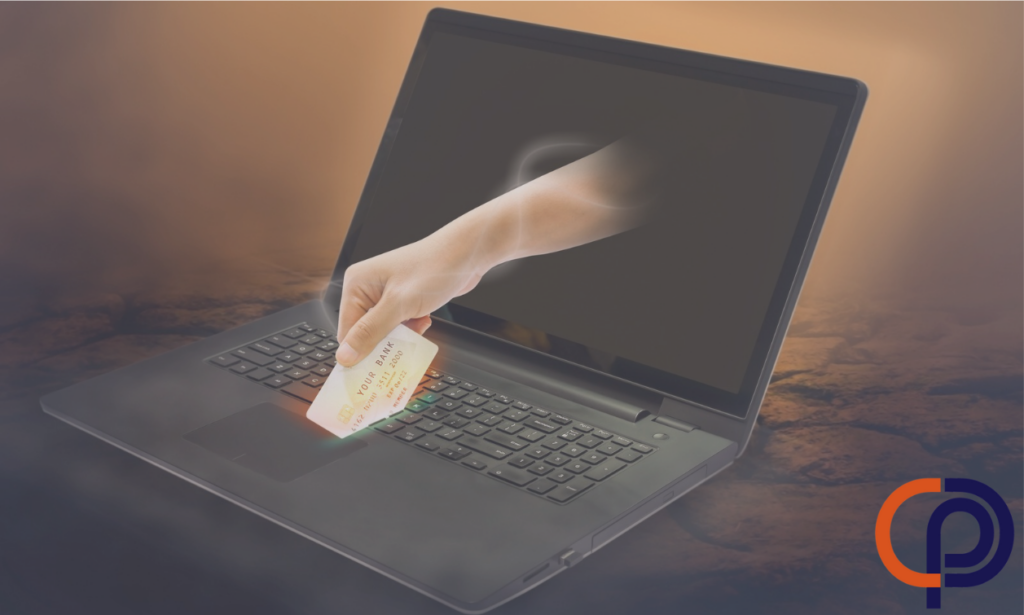We live in a time when our lives are intricately linked with the internet. We shop, bank, socialize, and work online, weaving a complex web of digital interactions. But as our reliance on technology grows, so does the risk of cyber threats. That’s where cybersecurity comes in. Let’s break down what cybersecurity is and why it’s important to everyone in a way that’s easy to understand.
What is Cybersecurity?
Think of cybersecurity like a security system for your digital world. Just as you lock your doors at home to keep intruders out, cybersecurity uses various tools and practices to protect your digital devices and the information stored on them from cybercriminals.
Why is Cybersecurity Important?
n an era where our digital footprints are as significant as our physical presence, the importance of strong cybersecurity cannot be overstated. It is the cornerstone to safeguarding our personal information, shielding businesses from catastrophic data breaches, and preserving the sanctity of our privacy. As we navigate through the enormous digital landscape, understanding the critical role of cybersecurity is the first step towards a secure and resilient online existence.
Protecting Personal Information
Our devices store a lot of personal information like photos, emails, and even financial details. Cybersecurity helps keep this information safe from hackers who might try to steal it.
Preventing Financial Loss
Cybercriminals can steal your money by hacking into your bank accounts or tricking you into giving them your credit card information. Good cybersecurity measures help prevent this.
Safeguarding Businesses
Companies store sensitive data about their operations and customers. A cybersecurity breach can lead to huge financial losses and damage to a company’s reputation.
Maintaining Privacy
Cybersecurity helps protect your privacy by keeping your online activities and communications private.

Understanding Cybersecurity Threats
Cyber threats come in various forms, each with its own set of challenges:
- Viruses and Malware: These malicious programs can cripple systems, steal sensitive data, and even take control of your digital life.
- Phishing: A deceptive practice where cybercriminals masquerade as trustworthy entities to lure you into revealing personal information.
- Ransomware: A digital hostage situation where your data is encrypted and held for ransom, often causing irreparable damage to individuals and businesses alike.
- Hacking: The unauthorized intrusion into your digital space, where cybercriminals exploit vulnerabilities for nefarious purposes.
The Pillars of Cybersecurity
To combat threats, cybersecurity relies on a multi-faceted approach:
- Technology: Deploying advanced tools like firewalls, antivirus software, and intrusion detection systems to create a robust defense mechanism.
- Processes: Establishing clear protocols for data protection, incident response, and recovery plans to ensure business continuity.
- People: Educating users on safe online practices, recognizing threats, and fostering a culture of security awareness.
Proactive Measures for Cyber Safety
Staying safe online requires vigilance and proactive measures:
- Strong Passwords: The first line of defense, complex passwords protect your digital identity.
- Software Updates: Keeping software up-to-date patches vulnerabilities and strengthens security.
- Email Hygiene: Being skeptical of unsolicited emails and avoiding clicking on suspicious links can prevent many cyber attacks.
- Antivirus Software: A necessary layer of protection that scans and removes potential threats.
- Two-Factor Authentication: An additional security layer that verifies your identity beyond just a password.
The Future of Cybersecurity
As technology evolves, so do cybersecurity strategies. The future of cybersecurity looks exciting, with new technologies set to improve how we predict, prevent, and tackle cyber threats. These advancements underscore the need for continuous innovation and adaptation in cybersecurity strategies to stay ahead of evolving threats. As we embrace these new technologies, it’s crucial to also consider the ethical implications and ensure that they are implemented in a way that respects privacy and promotes trust, but that’s a topic for another blog. Artificial Intelligence, Blockchain, and Quantum Computing are three exciting areas that will most certainly be key players in the future of cybersecurity.
Artificial Intelligence
Artificial Intelligence (AI) is set to revolutionize cybersecurity by providing the ability to not only detect and respond to threats in real time but also to predict potential vulnerabilities and cyber attacks before they occur. By analyzing large amounts of data and recognizing patterns, AI can identify anomalies that may indicate a security breach, allowing for proactive defense measures.
Blockchain
The decentralized nature of blockchain technology offers a great solution for securing transactions and maintaining data integrity. By distributing data across a network of computers, blockchain ensures that each transaction is encrypted and immutable, making it extremely difficult for cybercriminals to tamper with or forge information. This can be particularly beneficial in preventing fraud and enhancing the security of digital identities.
Quantum Computing
As quantum computing emerges, it brings with it the potential for quantum threats that could compromise current encryption methods. In response, the cybersecurity industry is working on developing quantum-resistant encryption techniques to safeguard against these advanced computational capabilities. Quantum-resistant cryptography aims to create encryption that even quantum computers cannot break, ensuring the continued protection of sensitive data in a post-quantum world.

How to Stay Safe Online
Staying safe online is a journey, not a destination. With each click, scroll, and keystroke, we leave digital footprints that could lead to our virtual doorstep. However, the path to online security is paved with simple, actionable steps that everyone can take. By embracing these practices, we can strengthen our digital presence against the constantly evolving threats that lurk in the cyber shadows. Let’s explore how we can shield our digital lives and stay safe in the online world.
Use Strong Passwords: Create complex passwords that are hard to guess and use different passwords for different accounts.
Keep Software Updated: Regularly update your software to protect against the latest threats.
Be Cautious with Emails: Don’t click on links or download attachments from unknown or suspicious emails.
Install Antivirus Software: Use reputable antivirus software to protect your device from malware.
Enable Two-Factor Authentication: Also know as Multi-Factor Authentication (MFA), this adds an extra layer of security by requiring two forms of verification to access your accounts.
Remember that while the internet may seem daunting in the face of cybersecurity threats, protecting yourself is entirely achievable with these straightforward precautions.

Elevating Cybersecurity: A Crucial Priority for Our Digital Lives
Cybersecurity is not just a technical necessity but a fundamental aspect of our digital well-being. Similar to the measures we employe to protect our homes, securing our digital presence is just as important. As we navigate the complexities of the cyber world, it is important to arm ourselves with knowledge and strong security processes. Let’s collectively elevate cybersecurity to a higher priority by always being vigilant in the defense of our interconnected realm.
Contact Professional Computer Concepts today to protect your business and gain peace of mind with comprehensive cybersecurity solutions. Professional Computer Concepts is not just a strategic partner in the managed IT space but also a source of knowledge, guidance, and advice. Consult with our experts to discover how we can secure your business and assist you in attaining the optimal cybersecurity strategy to protect your most valuable assets.
Top Questions about Cybersecurity
What makes a password a strong password?
A strong password is a combination of length and complexity, including a mix of uppercase and lowercase letters, numbers, and symbols. It should be unique and not easily guessable, like common phrases or sequential numbers. Using a password manager can help generate and store strong passwords securely.
What is two-factor authentication, and how do I set it up on my accounts?
Two-factor authentication adds an extra layer of security to your accounts. It typically requires a password and a second factor, like a code sent to your phone or a fingerprint. How to set up 2FA will differ from app to app. Generally speaking, however, to set it up, go to your account settings, find the security options, and follow the prompts to enable 2FA.
How can individuals and businesses stay educated about cybersecurity threats?
Staying educated involves keeping up with the latest cybersecurity news, attending training sessions, and participating in security awareness programs. Businesses can also conduct regular training for employees to ensure they are aware of the latest threats and best practices.
What is Blockchain?
Blockchain is like a digital ledger or record book that is shared across many computers. Each entry, or “block,” is linked to the previous one, creating a “chain” of information. This makes it very secure because once something is added, it’s really hard to change or delete it without everyone knowing. Think of it as a tamper-proof list of transactions or data that everyone involved can see and trust.
What is Quantum Computing?
Quantum computing is a relatively new type of computing that uses the principles of quantum physics to process information. Unlike regular computers, which use bits (0s and 1s) to perform calculations, quantum computers use “qubits” that can be both 0 and 1 at the same time, thanks to a property called superposition. This allows them to solve very complex problems much faster than traditional computers.

